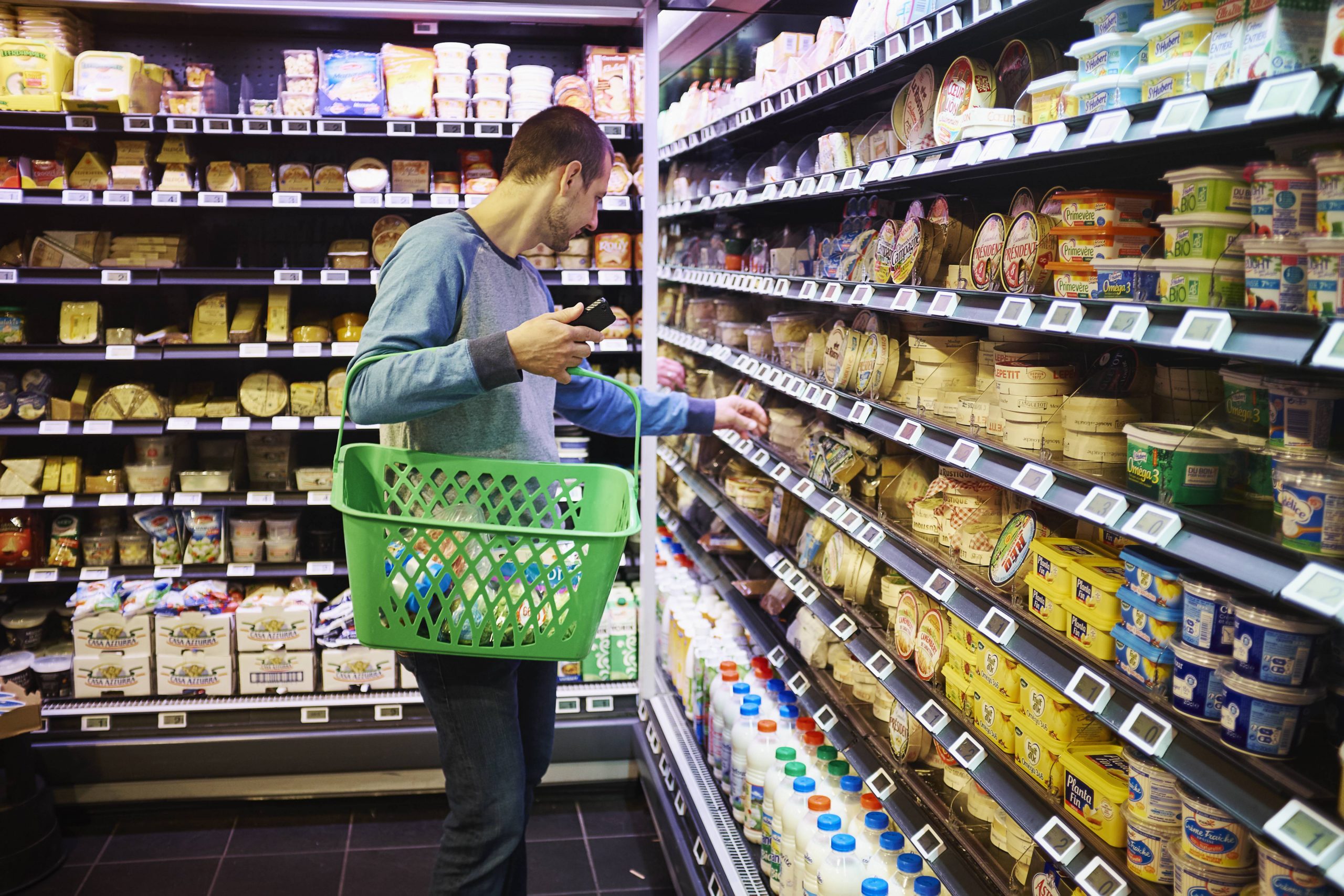A study from the Valencian Institute of Economic Research (Ivie) tracked female contributions to family coffers between 1980 and 2017.
The results showed that families with female breadwinners tripled from just 13.7% in 1980 to 34.3% in 2017.
“Women have joined massively in higher and middle education and in the labour market,” said Joaquín Aldás, an Ivie researcher and professor at the University of Valencia, said in a statement.
Aldás, coauthor of the study, added that increased access to secondary education had been key to women achieving better paid jobs.
He said another factor was a fall in the birth rate, and the increase in both life expectancy and single-parent families.
The researchers noted that a ‘maternal penalty’ has been one of the greatest forms of discrimination in the workplace.
But now that families are having fewer children, this has freed women to rise up the career ladder.
According to the National Institute of Statistics, in 2018 there were also 4,732,000 single-person households – the majority of whom were led by women.
Those over 65 today make up the bulk of families where women are the main economic pillar (39.7%), largely due to widows, but the economic prowess of females has ballooned in all age ranges.
Currently, women under 34 years of age contribute the most to household finances in 33.7% of cases, up from just 9% in 1980.
Women between ages 35-50 years are breadwinners in 30.9% of families (compared to 7.4% in 1980), and from 51 to 64 they the main sustenance of a third of the families (13.2% in 1980).











